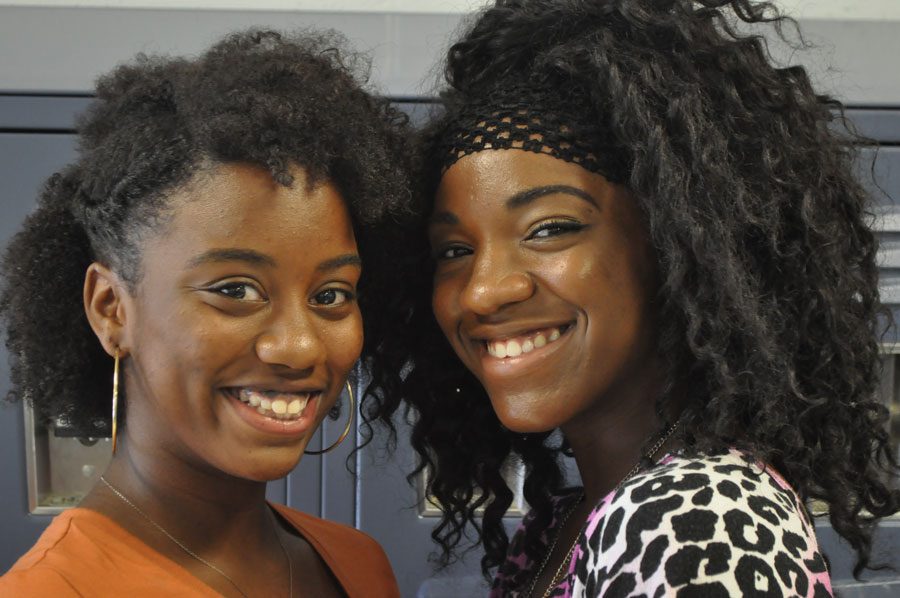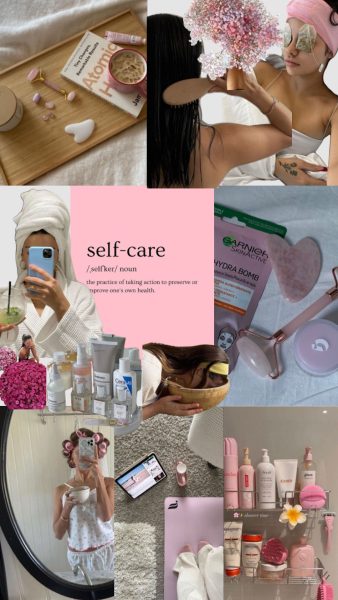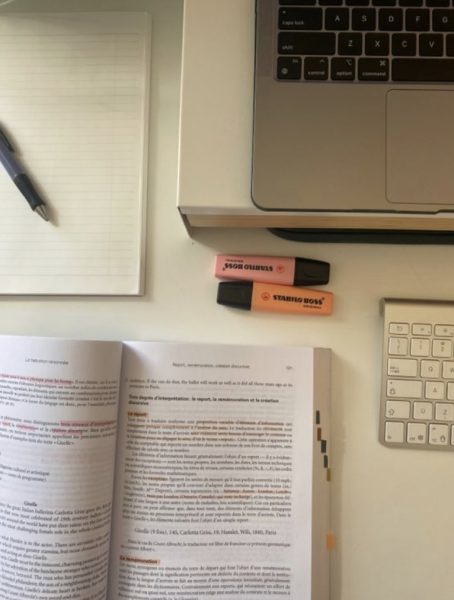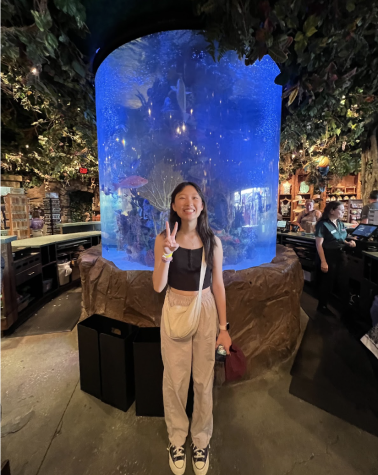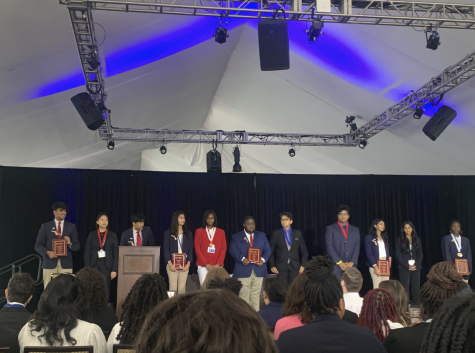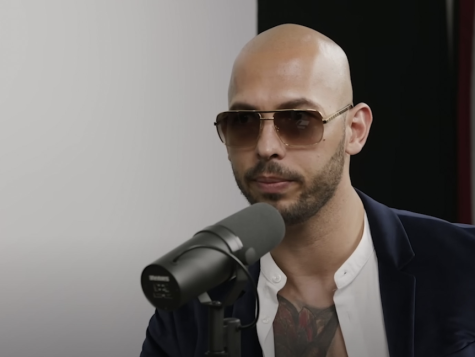WHAT DEFINES PRESENTABLE?
Black women are wearing their natural hair proudly.
September 20, 2016
It is 2016, and women of color are still being told how to “properly” style their hair to conform to conventional beauty standards. An example of this is seen in South African schools where girls are being forced to comply with school codes of conducts that discourage students from wearing their natural hair or black hairstyles. Women in working and school environments should be allowed to wear their natural hair because it is continuing the demeaning idea that black/curly hair is nappy and undesirable.
Natural hair allows women of color to express themselves, however, the perception of it being “unprofessional” in working and school environments is a common reality for many black women. When googling “professional hairstyles” images of white women with straight hair appear, however, when searching “unprofessional hairstyles”, black women with afro’s, twists, and other black hairstyles appear.
“You shouldn’t have to conform to what others see beautiful,” said senior Dy’Aviah Bradley, “If I want to leave my hair as an afro, I shouldn’t have to feel embarrassed or not be considered professional for my natural hair”.
Although African hair is traditionally managed through braids or cornrows to prevent it from becoming tangled and damaged, after the European colonization of most African states, straight hair became the ideal image of beauty. The European standard of beauty is still a recurring issue faced by women all across the world.
In schools such as Pretoria High in South Africa, and Butler Traditional High School in Louisville, Kentucky, hairstyles that are deeply rooted in black history are considered against the school code of conduct.
Management of black hair entails hours at the salon or home in order to achieve the desired look. It also costs an exorbitant amount of time, money and effort.
“People don’t realize how much time and effort I put into my hair,” said senior Chelese Washington, “yes, our natural hair is wild, but it’s who we are, and we shouldn’t have to change to make others happy.”
Black women should be able to freely wear their natural hair, whether it is nappy or curly, in any environment and not face scrutiny. The idea that the natural hair of black women is not “beautiful” or desirable is one that needs to go.

























